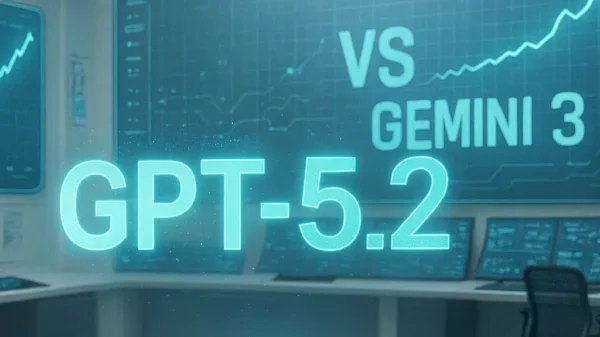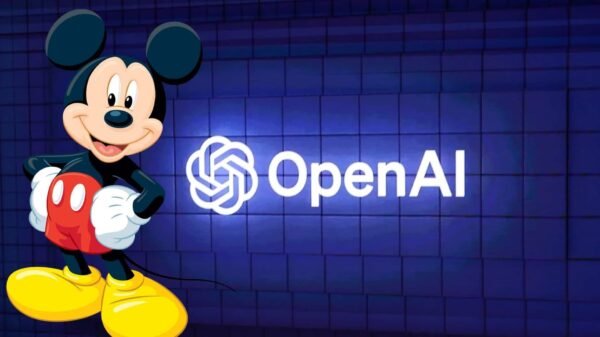Tech for Palestine launches to provide tools to help support Palestinians. Over 40 IT industry entrepreneurs, investors, engineers, and others have formed the IT for Palestine alliance to provide open-source projects, tools, and data to assist others in the sector in advocating for the Palestinian people.
The group’s formation comes at a difficult moment in the area. More than 1,100 people were killed in Hamas’s October 7th onslaught against Israel. The ensuing Gaza Strip conflict resulted in the displacement of millions of Palestinians and the killing of tens of thousands.
The Israeli-Hamas conflict has polarized the IT industry. Israel, which has a well-known technology and startup ecosystem, has received a lot of assistance from IT people and organizations. On the other hand, calls for ceasefires and solidarity for Palestine have resulted in some people losing their employment.
Paul Biggar, the creator of Tech for Palestine, intends to raise awareness of the Gaza conflict, advocate for a lasting ceasefire, and give avenues for individuals who are scared to speak out in support of Palestine to do so. It is one of the first digital efforts to support Palestine publicly, and it might be a watershed moment in the venture industry’s attitude toward the Israel-Hamas conflict as more people strive to come out in favor of a ceasefire.
Biggar, the creator of the startup CircleCI, recently valued at $1.7 billion, created the group after penning a viral blog post criticizing the IT industry’s lack of support for Palestinians. He stated that after writing his blog article, hundreds of individuals reached out to him with words of encouragement, many of whom hesitated to speak up for fear of repercussions on their careers.
He mentioned, “dozens of people not only speaking up, but who had started projects to change the industry to ensure that people speaking up for Palestine could be heard.” “Dozens of others volunteered to assist,” Biggar remarked. “I started connecting these folks together, and the [Tech for Palestine] community came together very quickly.”
The portal, which is currently in its early stages, will contain initiatives managed by small groups and will serve as a venue to share resources and advice, something many pro-Palestinian tech professionals already do privately. It has already obtained the services of Idris Mokhtarzada, the founder of the unicorn Truebill, to assist in the platform’s development. So far, it has designed a ceasefire badge for engineers to use on GitHub and HTML snippets for anyone to use on their websites to display a support ceasefire banner.
Biggar stated that there are plans to engage with more Palestinian groups and provide mentorship and cloud credits to Palestinian businesses. According to TechCrunch, the war has devastated most of Palestine’s nascent digital industry.
Muslamic Makers founder Arfah Farooq stated that the previous three months had altered everyone in various ways. At the same time, she has witnessed unprecedented solidarity and activity. “I’ve seen firsthand people come together to work for Palestine with nothing but their laptops from across the globe,” she said.
After reading Biggar’s viral blog article, she decided to collaborate with Tech for Palestine and has already begun to provide resources on how to assist Palestine. “Due to the siege, we can’t go to Gaza and help on the ground, but we help regardless of where we are in the world,” Farooq said.
One engineer, who requested anonymity, chose to join the group because they felt suffocated at work. This individual has promised to serve as an engineer and product manager to assist in developing resources for Tech for Palestine, stating, “I hope this initiative will spark a significant shift and give people their voices back.”
A former tech brand marketer who is similarly afraid to speak out publicly for fear of jeopardizing a fresh job hunt told TechCrunch that she is relieved to have a chance to contribute to the cause.
“This period has been incredibly isolating to Arabs, Muslims, and other people of color in VC and tech,” she went on to say. “Tech for Palestine is an important initiative.” When we witness hundreds of thousands of people mobilizing throughout the world and in the United States for peace and [the] humanization of Palestinians, the tech community can no longer remain silent.”
The Tech for Palestine campaign comes as the Palestinian death toll continues to increase. In recent weeks, US officials have allegedly pressed Israel to do more to safeguard people in Gaza, even as they have stated the US’s unwavering support for Israeli security.
Biggar expects this new collaboration to herald a more significant trend in individuals speaking up.
“The narrative has only just turned,” he told me. “We are working to enable many more who feel silenced to speak out; we are only getting started.”

















































